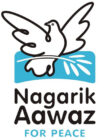Building leadership for women, peace, security and equity
During the insurgency in Nepal, 17,625 people were killed, 78,675 people were displaced, 1,302 people were disappeared, and 4305 were disabled (MoPR, 2009). The Comprehensive Peace Accord (CPA) in November 2006 brought Nepal into a post-conflict era. This prolonged political transition has led to increased anger and frustration among women who survived gendered based violence during the Nepali armed conflict between 1996-2006. These women are still waiting for justice decades later and have been left without a voice during this formal peace process. The interim compensation policy does not recognize women who were raped and physically assaulted in the category of conflict victims. These women have not received any compensation for their victimization. As a result, these women are suffering in silence, cannot live a life of dignity, and haven’t received the support they are entitled to and deserve.
There is a contradiction in plan and policies where the interim compensation policy does not recognize women who faced sexual violence in the category of conflict victim whereas, the National Action Plan (NAP) of Nepal on Security Council Resolutions 1325 and 1820 recognize them as conflict victim. However, no government actions have been observed to support these women. Women who are victimized by GBV are left out of peacebuilding, transitional justice mechanisms and healing processes in post-conflict settings. It’s leaving them even more vulnerable and re-traumatized. Further, there is also no clarity seen among the government line agencies on taking leadership in agendas of sustaining peace. The government of Nepal has promised to implement the Sustainable Development Goal (SDG). The SDG No. 5 ensures to work for gender equality, and SDG No. 16 ensures to work for peace, justice and strong institutions.
Nepal will fail to reach the goals of SDGs and NAP. Because of its lack of initiation and willingness to address the issues of women who faced inhumane atrocities
A CASE OF MULTI-LAYERED IMPACTS OF ARMED CONFLICT:
I was a 13-year-old Dalit girl from a small town who got influenced by other people and got enrolled in Maoist combatant. After two years, the Nepal Army arrested me, and I was taken to a jungle near my house and kept there for three days. They tore the dress I was wearing, blindfolded me, and tied my hands with it. There were around 200-300 army personals in the jungle. I was raped by so many of them that I can not remember! I lost my consciousness after being raped several times. They ran over my body with their boots and battered me wherever they wanted to.
They took me to a barrack after that and detained me for 14 months. They used to hit my eyes and ears with their boots and poke them with rods. Later, when I was diagnosed with Malaria, and I was released. I was mentally and physically devastated.
I only had negativity filled in my mind. I was worried and scared whether my family, the community would accept me or not. I washed dishes in a hotel for few months and collected money to go home. It was tough for me to get along with the family members and my community. My parents told me that I was a burden for them since they had other children too. So I decided to get married.
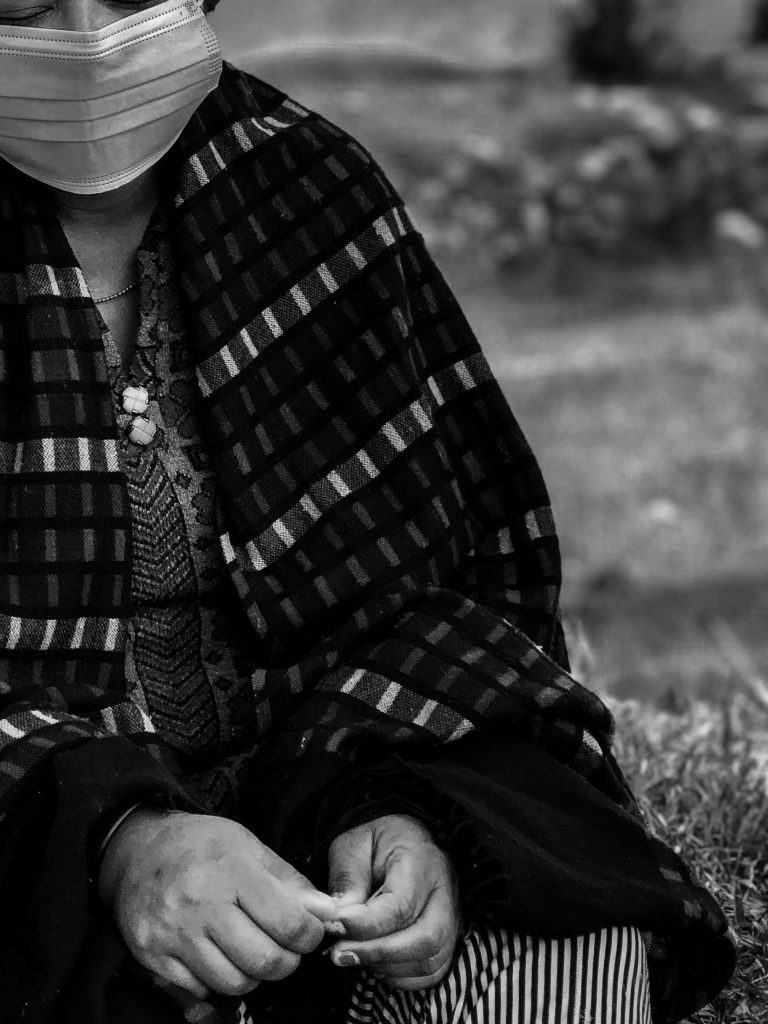
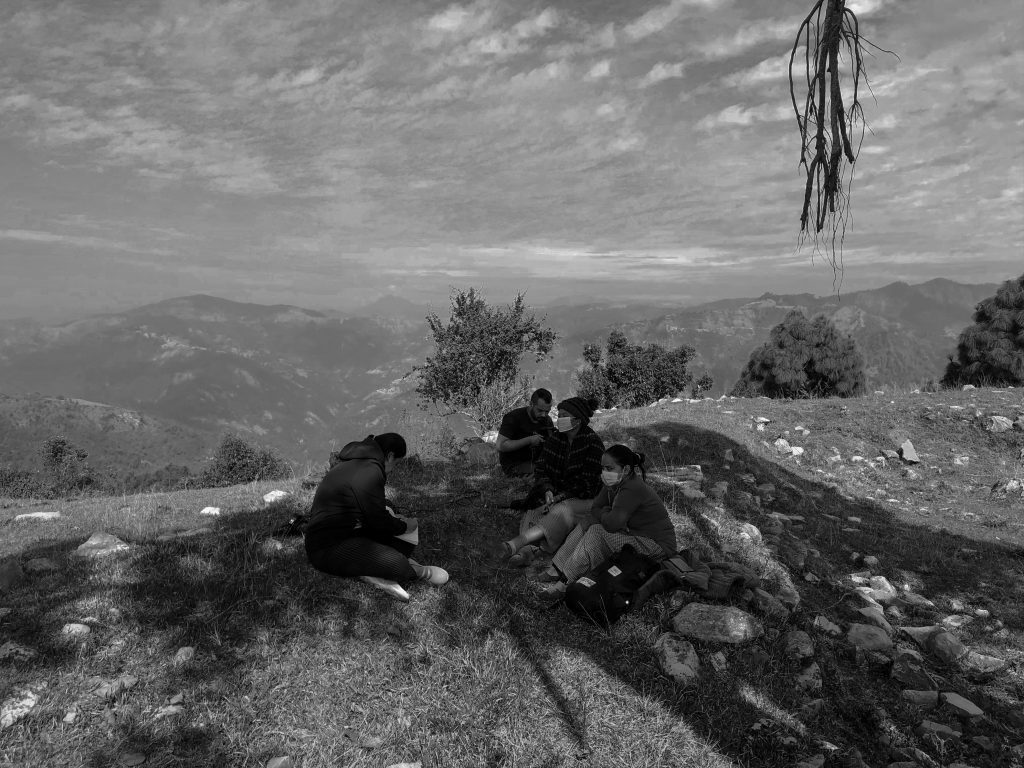
I got married. The guy just married me to get rid of his loans. Later, I found out that he burnt a house in revenge for a girl who rejected him. He left home in search of a job and never returned. I gave birth to a baby girl from that husband. After he left me, I was homeless and returned to my parents again. My parents forced me to get married and fixed my marriage with a man who belonged to my community. My second husband loved me, but when he found out that I faced sexual violence, he started to come home drunk, then he tortured and beat me. I gave birth to two children, but my husband was not ready to accept them. He always blamed saying they are not his kids, and I conceived them from someone else.
After being abused by him, I decided to leave him. The man with whom I live now is my third husband. He lives in Kathmandu due to his job. He tells me to also ask for money with the other two whenever I ask him for money. I have different medical complications, but he doesn’t give me money for that as well.
Now I poor hearing and eyesight. From childhood, my life has been full of struggles and challenges. I always thought there was no one to listen to my pain and stories until Nagarik Aawaz reached me. After getting involved in this program, I have gained a lot of confidence to speak against injustice. I have been taking counseling for quite a while now, and I have started to see changes in myself. I can now take leadership and advocate the inequality.
about the program
The specific vision of ‘Building Leadership for Women, Peace, Security, and Equity’ is to the social and cultural establishment of the women who faced sexual violence, torture, and women whose husbands were disappeared in the time of conflict. It does this by shifting the norms and values of violence, gender inequality, and gender hierarchy through making realization and internalization by the other stakeholders ( local government structures, community leaders, male members, youths, non-affected community by the conflict) about the women’s suffering, need and demand in the four working districts. The long-lasting change which project will contribute is in building the leadership of women who faced sexual violence, torture and whose husbands were disappeared, to advocate for their peace, security, and equity by challenging the normative framework of violence which is hampering their social, cultural and psychological empowerment.
Methodology:
We are implementing this project in the Dang, Rolpa, Kailali, and Bardia districts of Nepal from 2020 (extended till 2022). All these districts were highly impacted by the armed conflict. There are hundreds of cases raped, tortured, and disappeared during armed conflict. The armed conflict began in the Rolpa district.
To promote sustainability, ownership, and leadership Nagarik Aawaz is partnering with Nepal Women Community Service Center (NWCSC) based in Dang and Tharu Mahila Uthan Kendra (TWUC) based in Bardia. NWCSC will implement this program in the Dang and Rolpa districts and TWUC will implement it in Bardia and Kailali. Nagarik Aawaz will provide all the technical support to both the organizations in programmatic and institutional aspects.
To provide safe space and strong institutions for peace where women will have the confidential space to ventilate their trauma, we have established a peace center in all four districts. Moreover, psychosocial counseling and referral service for legal counseling are provided from these centers. Different empowerment initiatives through training, peace circles, and dialogue will be conducted. Medical support is being put in place in every district as well.
40 conflict-affected women are engaging as ‘Women Peace Facilitator’ (at the age of 18- 50 from different ethnicity: Chaudhary, Dalit and from other marginalized communities who lost their fathers, husbands, whose husbands were disappeared, ex-combatant women, and who were tortured.) They are reaching out to other 60 women who faced sexual violence, torture and whose husbands were disappeared and bring them to avail the services of the peace center for their social and psychological empowerment. In our long term experiences, the survivor to survivor approach creates trust among other conflict-affected women. Similarly, the opportunity of vocational training is provided through this program for women’s economic and psychological security which can also contribute to peace and reconciliation.
After receiving the counseling services, participating in peace circles, dialogue sessions with other non-affected communities, local structures, male members these women feel empowered socially and psychologically and start advocate for their peace, security, and equity.
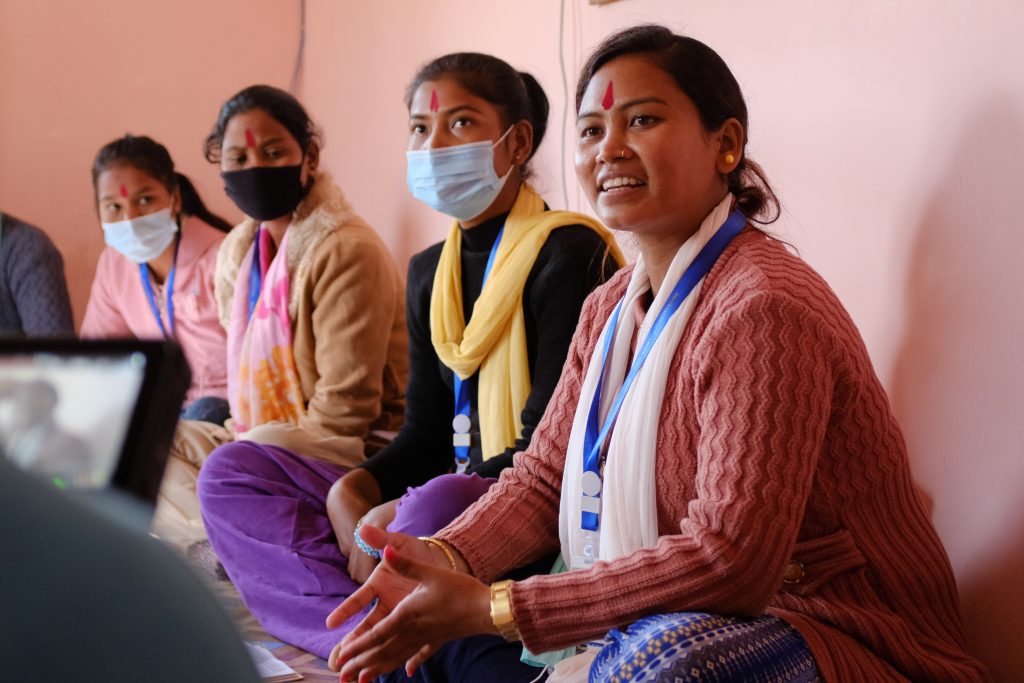
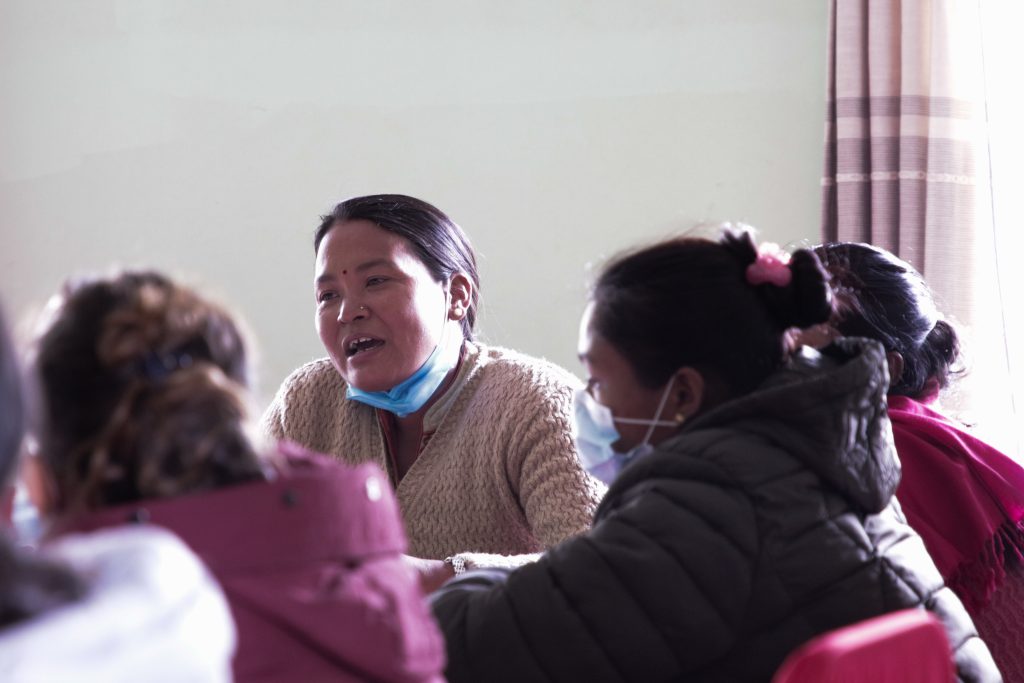
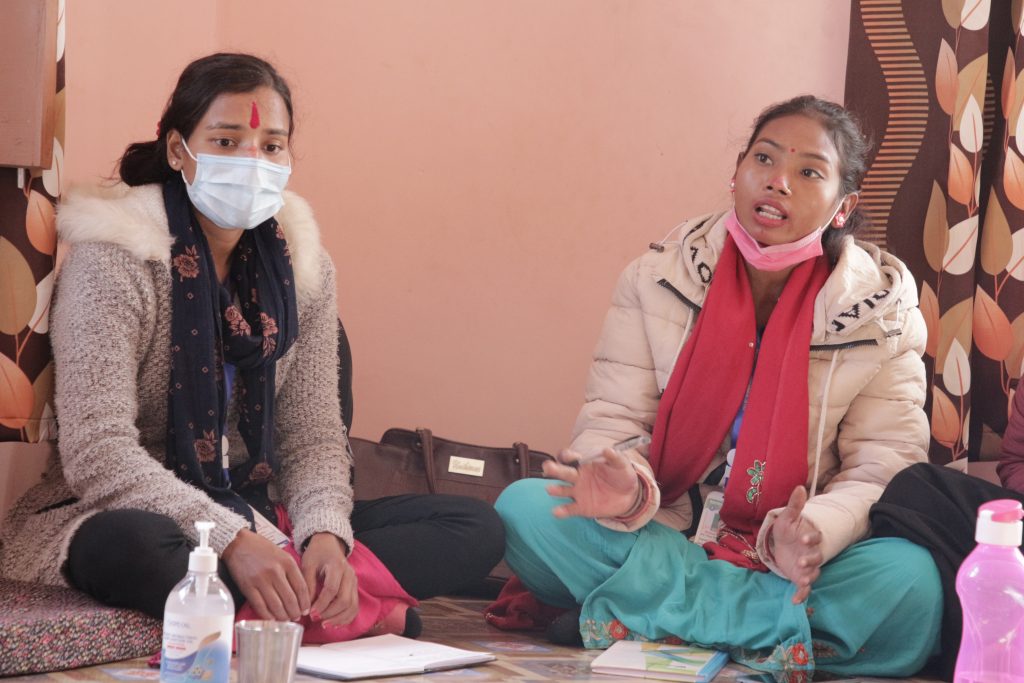
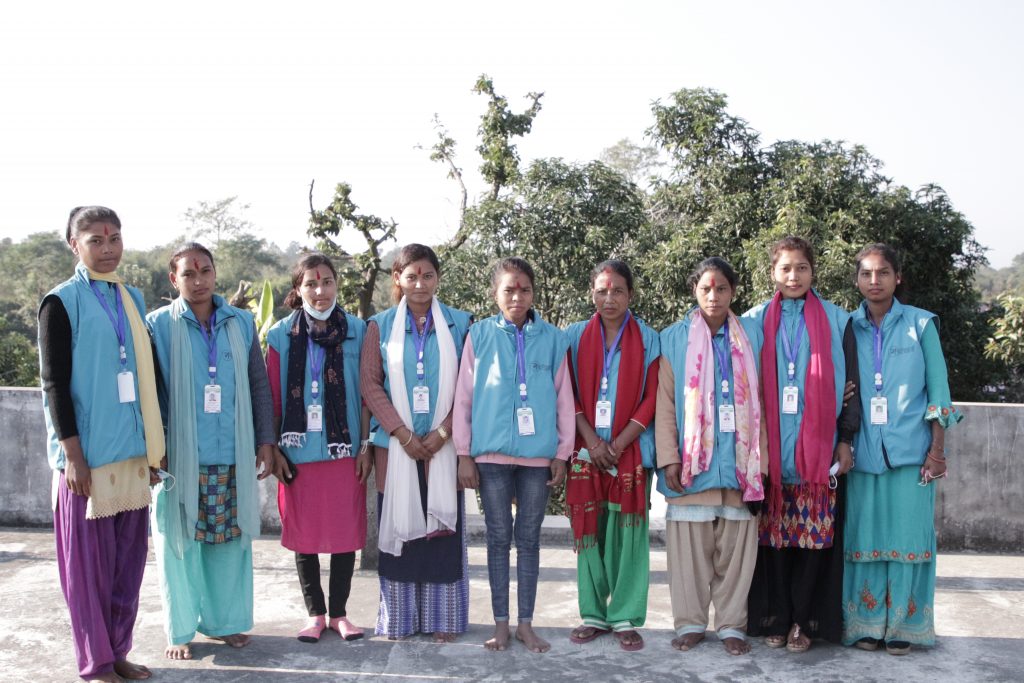
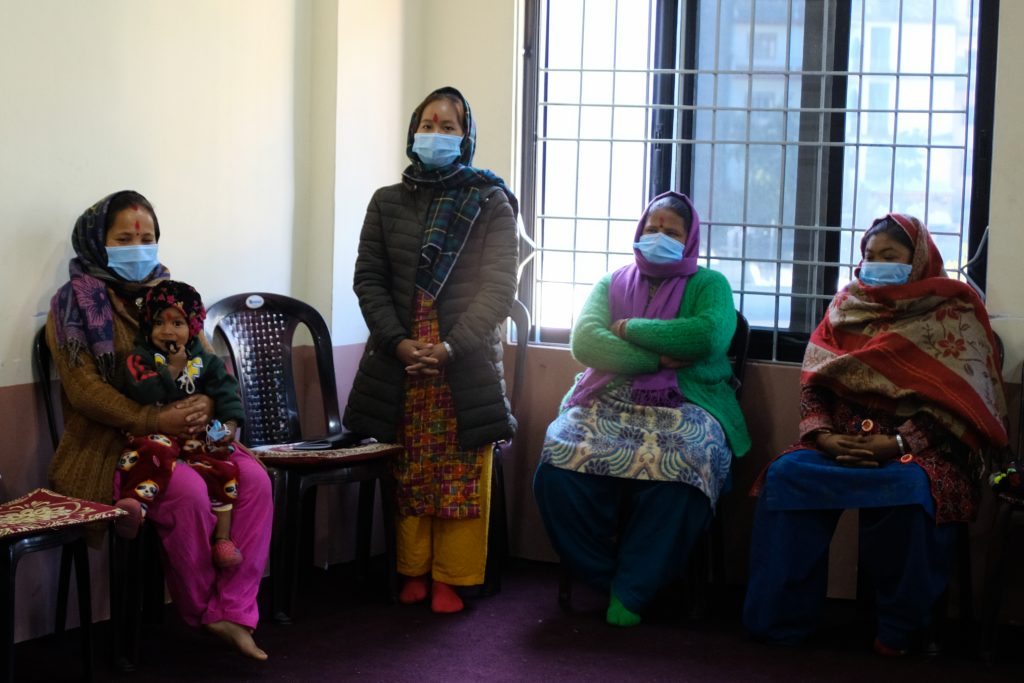
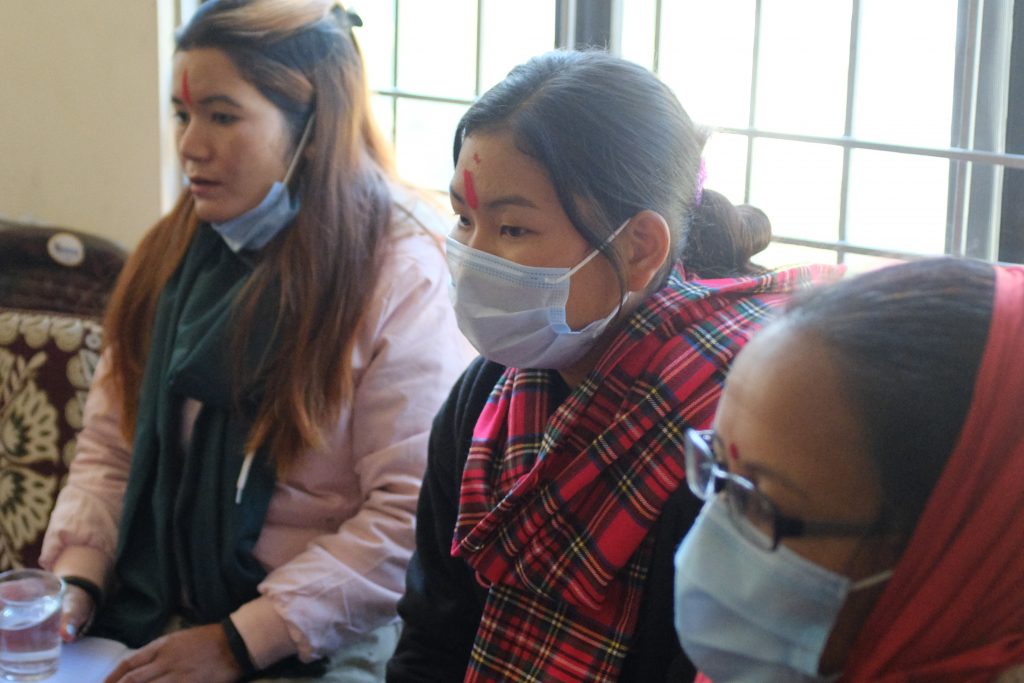
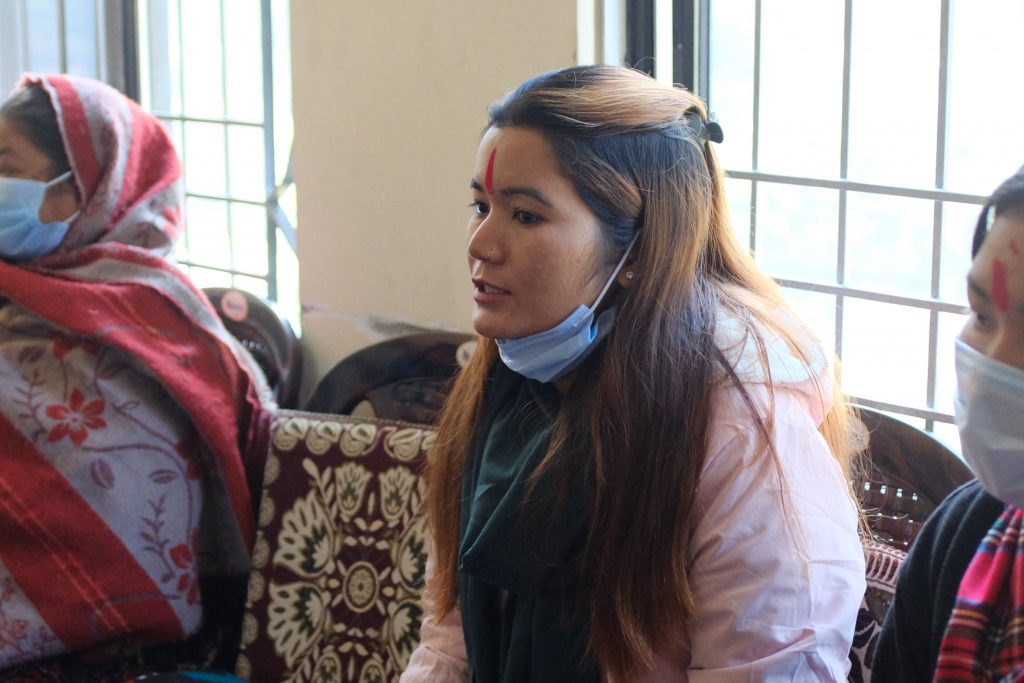
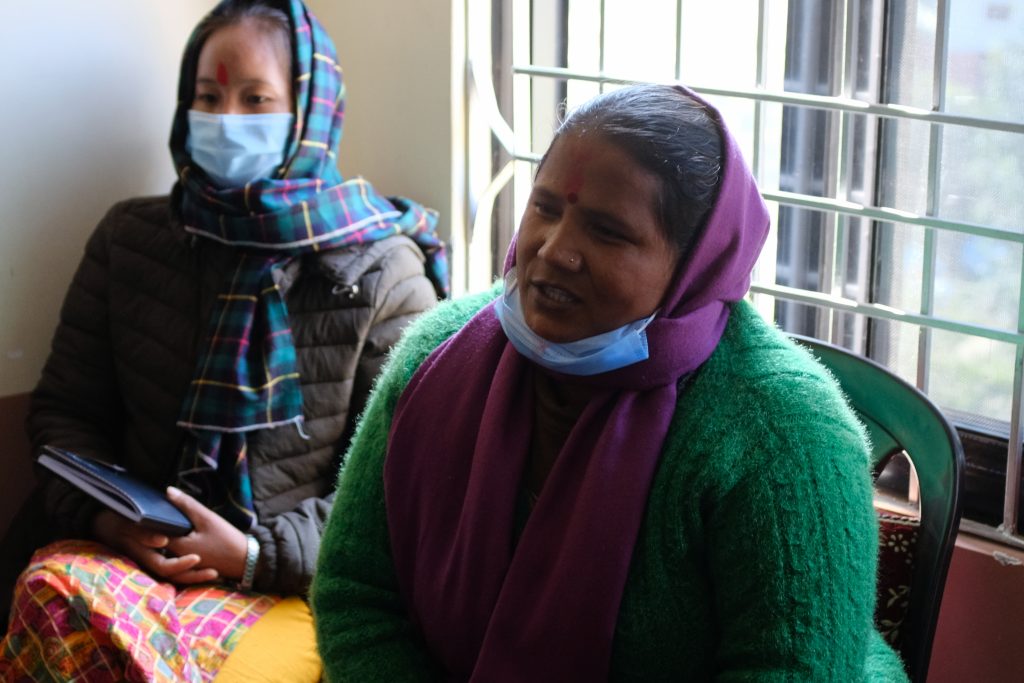
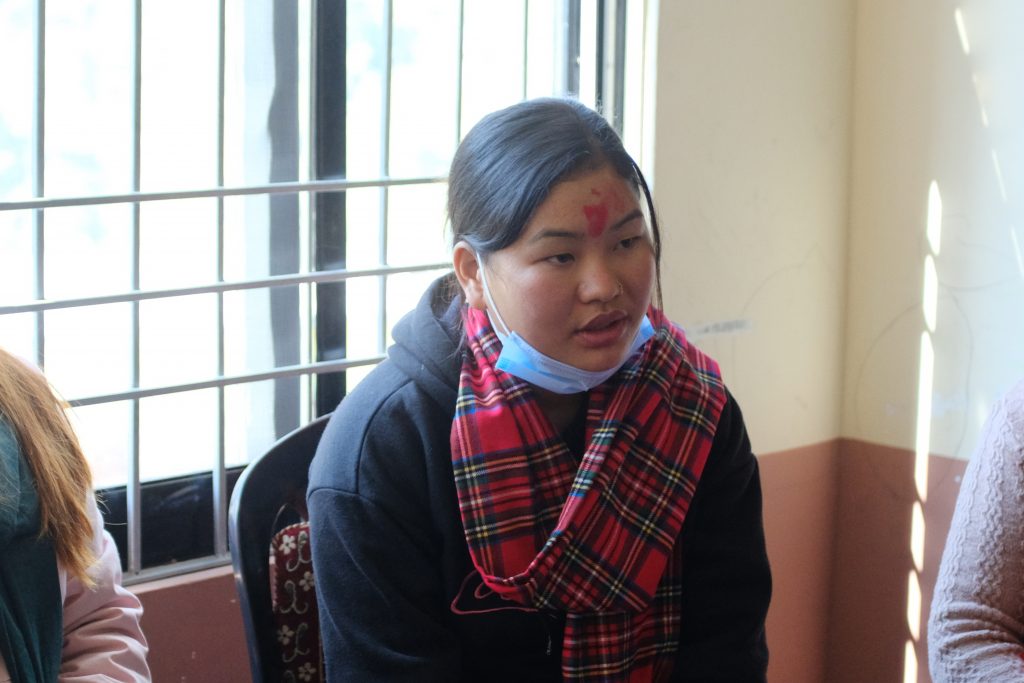
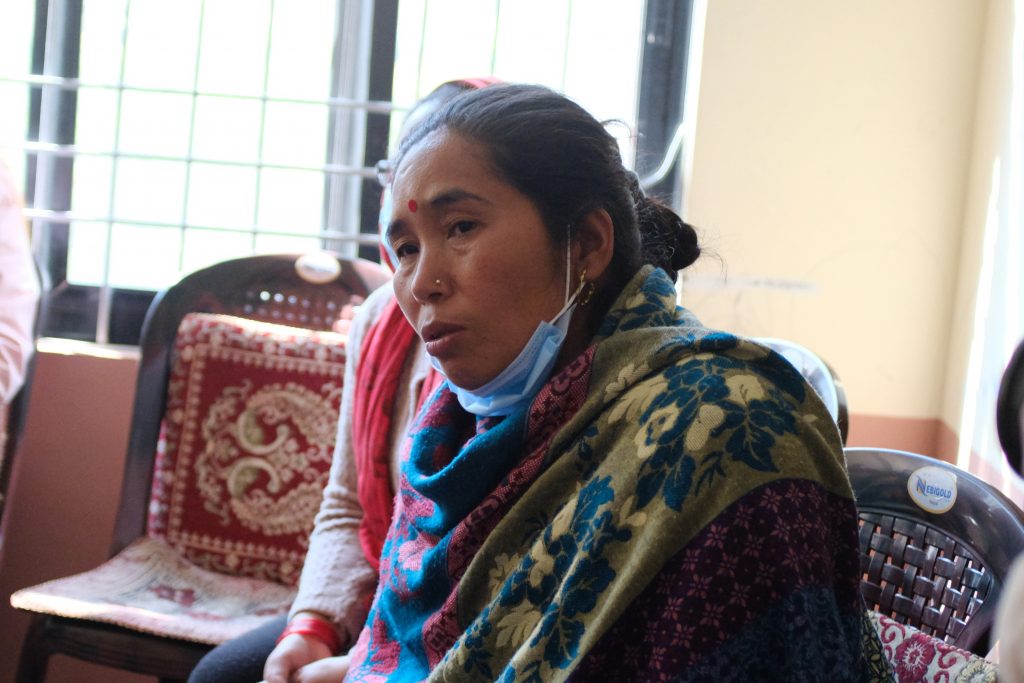
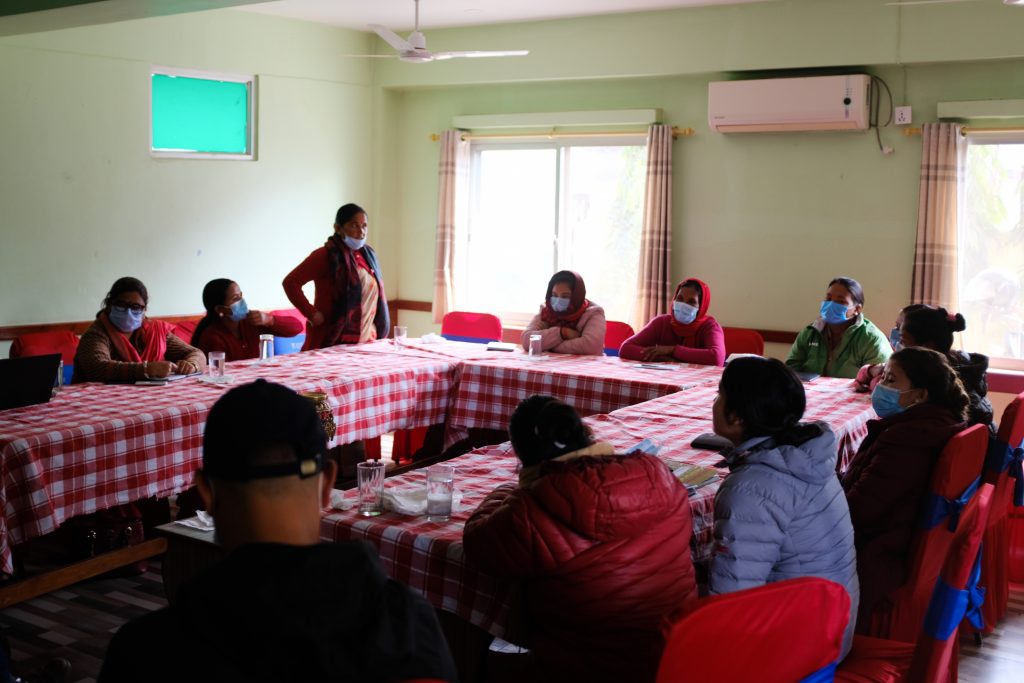
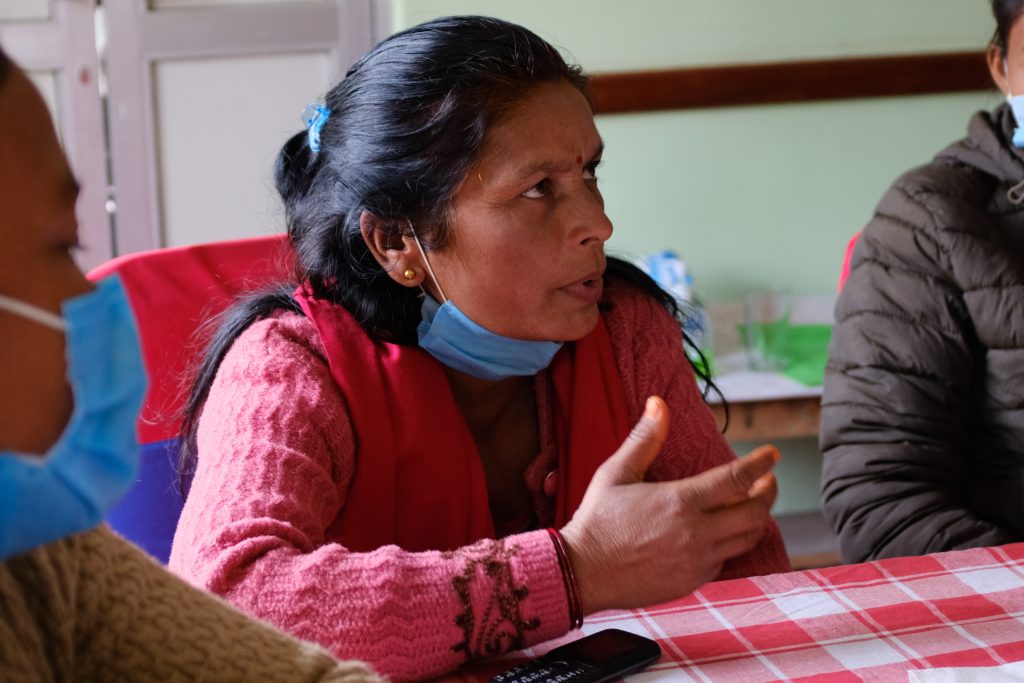
'Why Us?'
Dr. Susan Risal Ph.D in this documentary tells us why Nagarik Aawaz is helping for the social and cultural establishment of women who faced: sexual violence, torture, and women whose husbands were disappeared in the time of conflict after 15 years of its end?
impact stories
In Financial Partnership With:

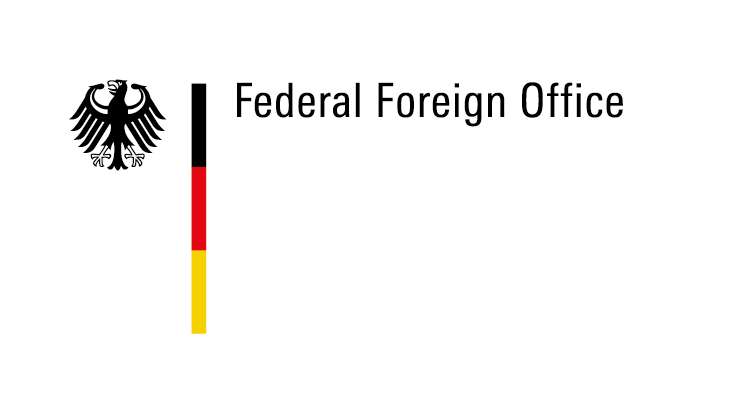
Implementing Partner
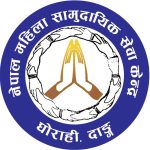
Nepal Women Community Service Center
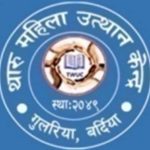
Tharu Women Upliftment Center
